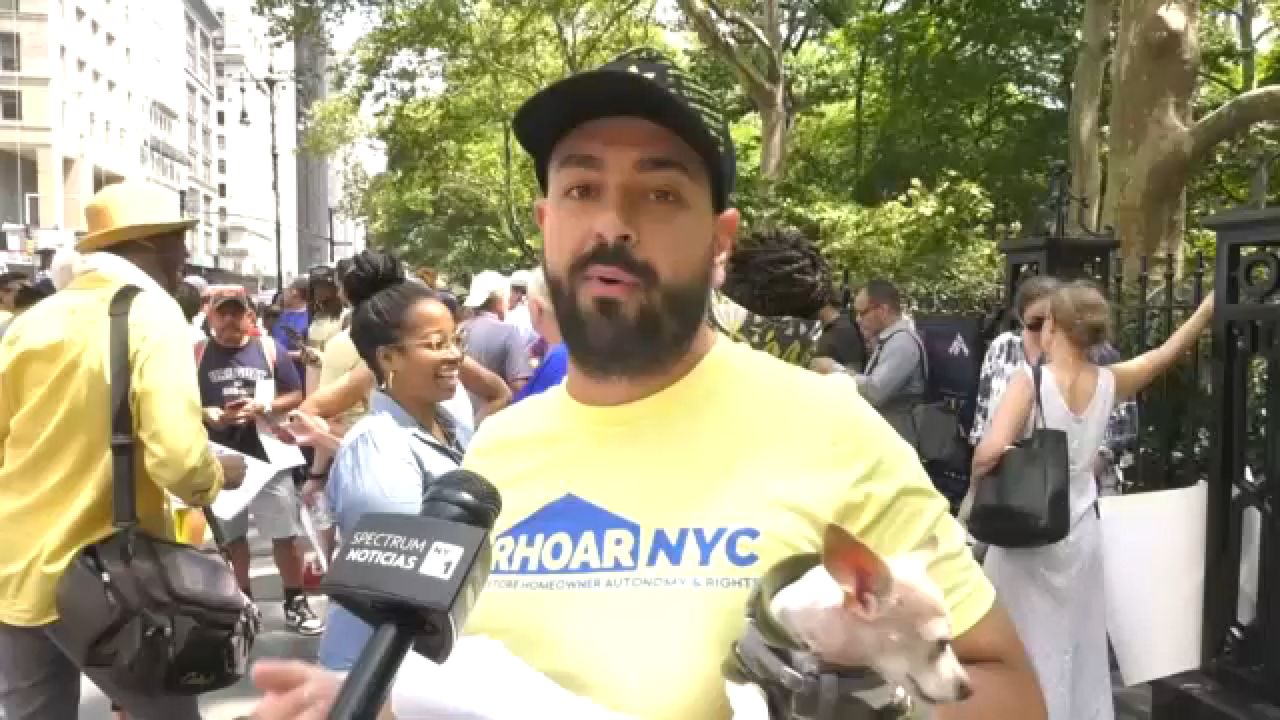Gas and electricity prices will rise again. Energy specialists fear setbacks and rising energy prices for consumers and businesses, because the gas market is becoming tighter and the supply for the Netherlands is uncertain.
According to experts, the Netherlands is once again underestimating the risks of extreme winters, the failure of gas production now that Russia is not delivering and there is too little gas import. The Groningen gas field will also close in October. Professor Martien Visser of Hanze University of Applied Sciences in Groningen warns that a single incident has already driven up prices: the recent failure of a Norwegian gas field, for example, immediately caused rates to rise. Tightness is coming as China recovers economically and buys more gas.
LNG
Huge ships moor in a train in the ports of Rotterdam and Eemshaven. Their spherical tanks contain highly cooled liquefied gas (LNG). After heating in terminal factories on land, LNG flows out six hundredfold in size. Gasunie pumps it into pipelines to industry and households. Since Putin’s invasion of Ukraine, the Netherlands prefers to keep Russian gas out of the door, and filling with gas from Qatar and the US from such ships continues steadily day after day.
State aid
Last winter, Dutch households suffered sky-high energy prices thanks to state aid due to the energy crisis. EU countries have agreed to fill their gas storage facilities by more than 90 percent before next winter. The Netherlands will soon have achieved that European goal in the middle of summer. “But that is also because stocks were already well stocked due to a warm winter,” says energy specialist Hans van Cleef of the Public Affairs consultancy.
The gas price on the wholesale market has been falling steadily since the winter, with occasional outliers, from 67 euros per megawatt hour to now 25 euros. The Netherlands also consumes a lot of gas in the summer: the refineries are running at full capacity and on hot days, households turn on the air conditioning en masse. Power plants powered by gas run at peak capacity to provide power. Nevertheless, the ‘demand for gas is relatively low’, according to Gasunie.
Nervous
But energy experts are nervous, according to a tour. A recent failure at gas giant Norway, for example, immediately drove up the gas price. Major Norwegian gas installations will be undergoing maintenance from August. “Then there is a chance that prices will rise again,” warns energy company Vattenfall.
“The fact that there are still many snags to filling gas supplies is apparent from the difference in price expectations,” says Martien Visser, lecturer in Energy Transition at Hanze University of Applied Sciences in Groningen. “Gas now costs 30 cents per cubic meter, which will be 50 cents on the gas market at the end of this year. Normally the difference is 5 cents, often less. This big difference indicates a very nervous market.”
“Before panic sets in, you have to intervene now with purchases for the coming years,” says energy specialist Hans van Cleef of the Public Affairs consultant. “That is the lesson of recent years. The gas price is not determined by supply and demand, but mainly by the expectation, such as the course of a war.”
Gambling
In that case, it does not help that, in addition to purchasing long-term contracts for gas with Qatar, the US and Australia, the Netherlands also ‘mainly continues to gamble’ on purchases on the daily or spot market, says Van Cleef. “The price there fluctuates a lot.” Last winter was warm on average, gas and electricity prices fell due to less demand. Don’t rule out the chance of another very harsh winter, says Visser. “And in front of the terminals for gas supply, the port is full of ships. But the question is whether that supply will continue if China demands more gas and the United States supplies less. The Netherlands is actually walking on the edge of a cliff.”
“We are lucky that the Chinese economy has lagged so far. But demand is already recovering and the Netherlands will face competition from Chinese buyers this autumn,” says Van Cleef. That drives up the price.” Last week, gas imports from Europe increased by seventeen percent compared to a week earlier. “But ships from the US are already going to China and India,” Van Cleef sees the price rising. “I’m definitely concerned.”
Energieslurper
Energy guzzler China looked wider ahead. “A lesson for the Netherlands, China signed a contract with Qatar in mid-June, which will supply the Chinese with four million tons of gas per year for twenty years. That way it closes more contracts. That is gas that the Netherlands can no longer obtain,” says energy expert Ronald de Zoete. “It is better to buy too much than too little. You will get rid of that surplus, perhaps with some loss. But that’s better than being short.”
More than half of the gas bill is determined by energy taxes. “The cabinet can also cut back there if the price threatens to become too high for consumers,” says Visser.
The price ceiling that the cabinet introduced, which dampens the level of energy bills, will disappear at the end of this year. The purchase price for energy companies is already rising for the coming months. At the beginning of next year, almost double the current rate will apply.
Higher
This increase will largely be passed on to consumers. “Energy companies do spread this forward price risk by buying in parts. But prices will be higher towards the winter”, expects Hans de Kok, director of rate comparator Pricewise. “There will be more fixed energy contracts for one year to three years, but the prices for these can be relatively high. The old low prices of 2021 and earlier will not return for the time being.”
2023-07-16 20:41:15
#Fear #rising #gas #prices #Lecturer #Groningen #Netherlands #underestimates #risks


